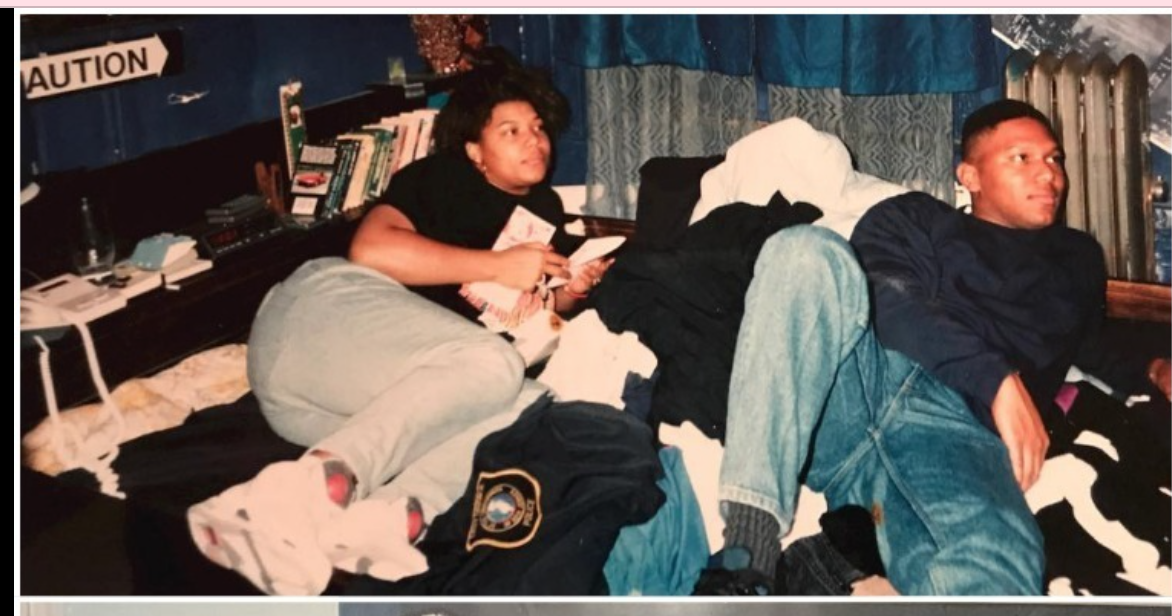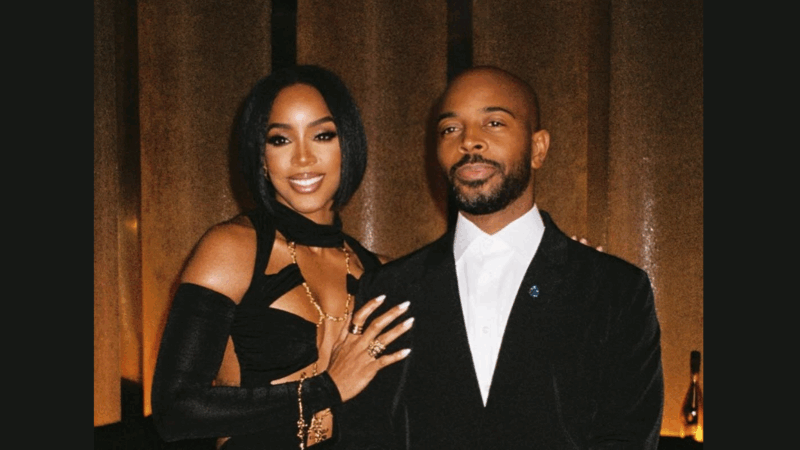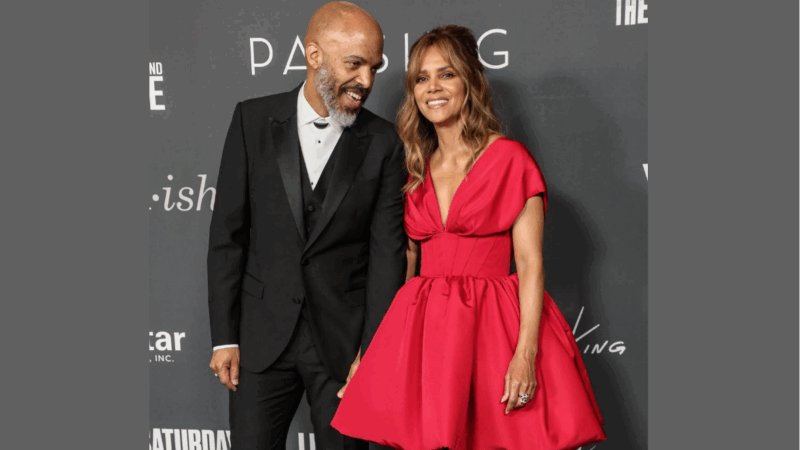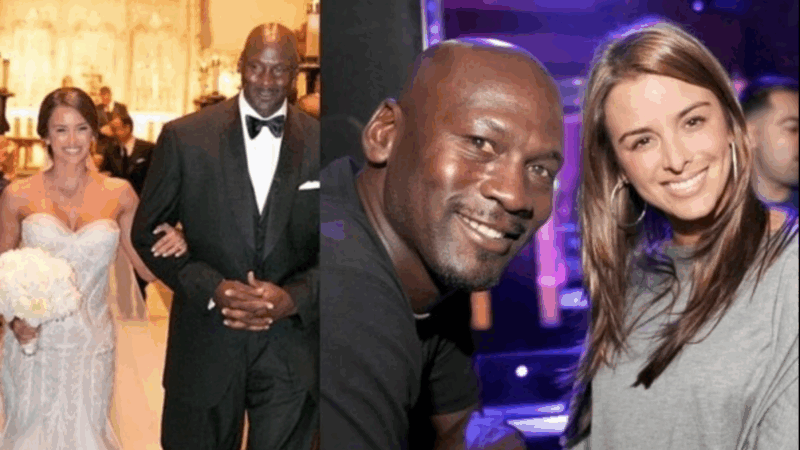Queen Latifah’s Heartbreak and Healing: The Story Behind the Motorcycle, the Grief, and the Rise of “Black Reign”

Details: Queen Latifah has long been celebrated as a trailblazer in hip-hop, a pioneering woman in a male-dominated genre, and an icon who effortlessly crossed over into film, television, and business. But behind her powerful voice and confident presence lies a deeply personal and heartbreaking story—one that shaped her music, her identity, and her journey toward healing.
In April 1992, Queen Latifah—born Dana Owens—suffered a devastating loss that would mark a turning point in her life. Her younger brother, Lance Owens, was only 23 years old when he took a ride on the Kawasaki motorcycle she had gifted him for his birthday. Tragically, that ride would be his last. Lance died in a motorcycle accident, and the grief hit Latifah like a tidal wave.
The two siblings had shared a close bond. Lance, a police officer, had been her rock, her protector, and her best friend. His sudden death shattered her emotionally. In the wake of the accident, Latifah spiraled into a period of deep depression and emotional turmoil. In interviews since, she has opened up about turning to alcohol and other substances to cope with the crushing weight of grief. “It was the darkest time in my life,” she later admitted. “I didn’t know how to deal with it.”
For years, Latifah wore the key to Lance’s motorcycle around her neck—coated in a golden hue, it became a symbol of remembrance and pain, but also strength. It served as a physical and emotional reminder of her brother’s life and legacy. She wasn’t just mourning a sibling; she was trying to find herself again amid a storm of sorrow.
Out of this storm came one of her most powerful works: her 1993 album Black Reign. It was a raw, introspective, and unapologetic expression of her grief, anger, and eventual resilience. Songs like “Winki’s Theme,” a tribute to her brother, carried the emotional weight of her personal journey. For fans and critics alike, Black Reign wasn’t just an album—it was a healing process set to music, and it helped solidify Latifah’s place not just as an entertainer, but as a storyteller with soul and depth.
Despite the pain, Queen Latifah slowly began to rebuild. She leaned on her family, close friends, and her artistry to move forward. Over time, she evolved into the multi-hyphenate powerhouse we know today: an actress, producer, philanthropist, and advocate. She’s since used her platform to speak about mental health and the importance of grieving and healing, particularly within the Black community.
Looking back, Latifah often credits that painful chapter with shaping her into the resilient woman she is today. The loss of Lance never left her—it became a part of her story, one that she carries with grace, strength, and vulnerability. And in every note of Black Reign, you can still hear the echoes of a sister’s love, a broken heart, and the courage to rise from it.





